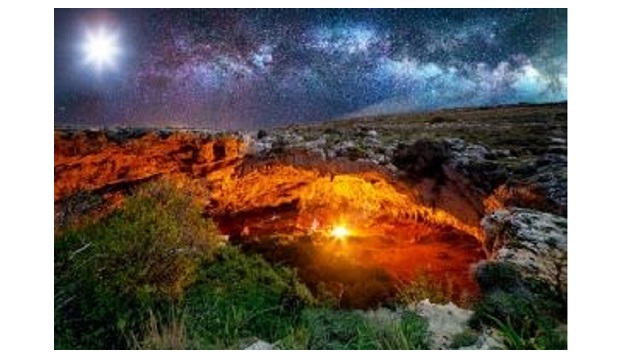A UK consortium has decided to develop quantum-based gravity sensors that will allow underground objects and voids to be detected. The aim is to build a portable technology demonstrator by April 2021, that is twice as sensitive as the industry standard (falling mass) technique and, importantly because the aims is for this to lead to a commercial product, 10x faster in operation.
“Now it takes a few days to measure across a football field, we want to get that down to less than a day,” Cliff Weatherup, Strategic Technology Manager of Teledyne e2v told that the company will integrate the components in the final instrument.
The technique still senses the movement of a mass, but in this case it is a cloud of ultra-cold atoms, likely to be rubidium, propelled upward in a vacuum, then falling back under gravity.
Its quantum nature links any measurement to the characteristics of the atoms used, which as far as anyone can tell are completely invariant, which means, in theory, the gravity measurement could be absolute, with no need for calibration.
Teledyne e2v is part of the consortium, called Gravity Pioneer, which is led by engineering services company RSK and also includes: Fraunhofer UK, Altran, Geomatrix Earth Science, Magnetic Shields, UniKLasers, Silicon Microgravity, Optocap, QinetiQ, the University of Birmingham and the University of Southampton.
The project has received £6m from UK Research and Innovation, after the consortium submitted a bid in response to the £20m Quantum Technologies Pioneer Fund, part of the Industrial Strategy Challenge Fund.
Speaking on receiving the research funding, Dr Richard Murray, Business Development Manager at Teledyne e2v said, “The project was proposed by a UK consortium of the best scientific and engineering companies the UK has to offer, from component manufacturers to instrument developers and end-users.
A factor in the bid’s success, according to Murray’s firm, is the inclusion of the whole potential supply chain as well as end-users in the consortium – RSK is an end-user, whose clients include BP, Network Rail, HS2 and Airbus.
“The UK is world leading in quantum technology and the project brings together the best the UK has to offer in this field. Once we can demonstrate the advanced performance of quantum cold-atom sensors, the economic and societal benefits of this new quantum industry in the UK will be significant,” said Murray.

